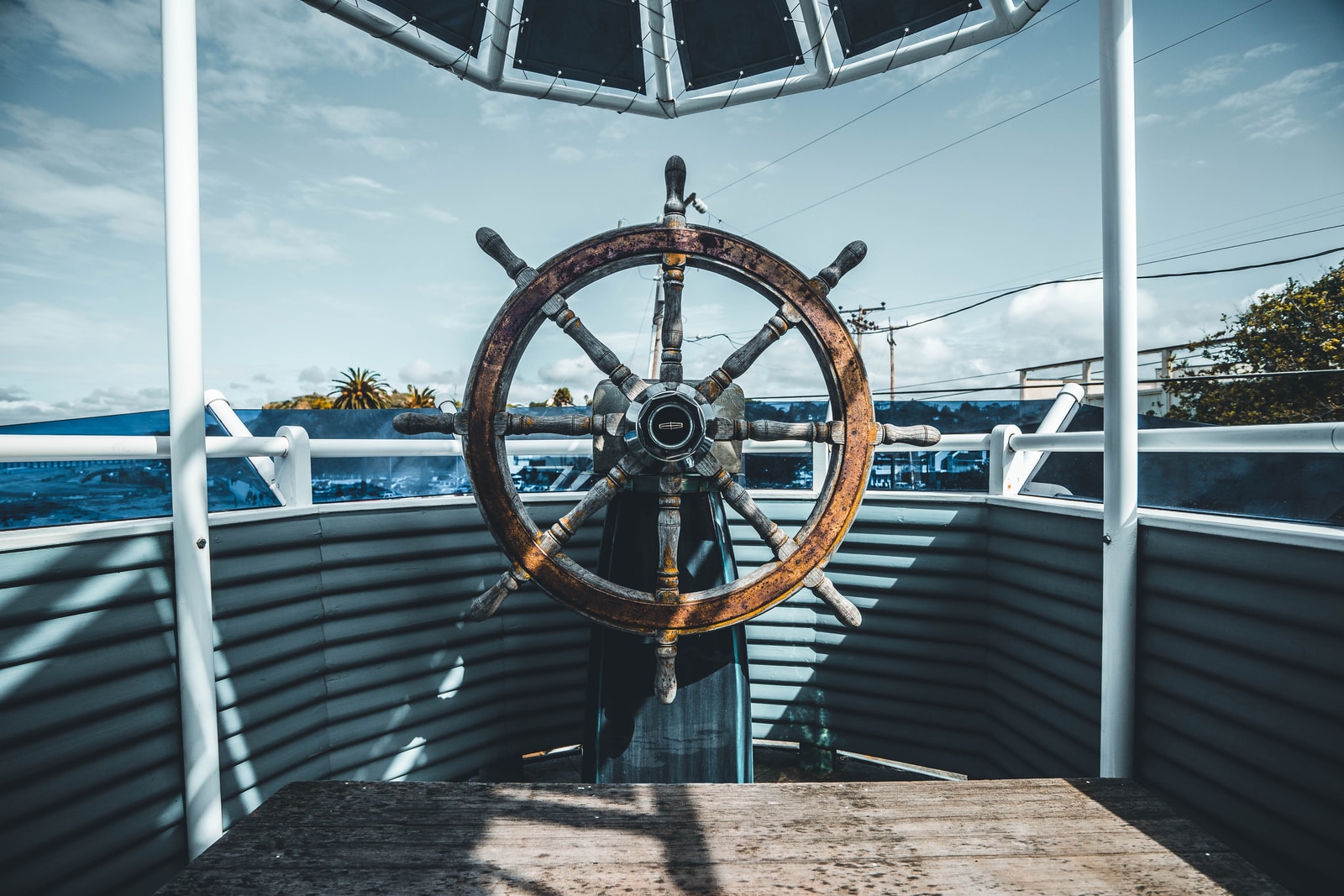
How important are beliefs and expectations in determining what happens to us in life? They may be more important than you think.
Have you ever noticed that people who expect the best in life usually seem to get it? And have you noticed that the reverse also seems to be true? Do you think it happens that way due to coincidence or luck? Or is something else going on?
One of The Pacific Institute’s core principles, solidly founded on cognitive research, is that we move toward and become like what we think about. We behave not in accordance with the truth, but with the truth as we perceive and believe it to be. So, it follows that when you expect the best from yourself and others, you behave in ways that almost guarantee you are going to get it.
The same is true when you expect trouble. You set yourself up for trouble in countless little and not so little ways and sure enough, trouble shows up at your door. (Sound familiar?) What do you expect for yourself? Do you expect to do the things you dream about, or do you expect obstacles, opposition and eventual disappointment?
What do you expect from your kids, your spouse, and your co-workers? Do you expect excellence, integrity and respect? Or do you have to keep after them all the time to keep them from messing things up? Why not try expecting the best? It is a valuable leadership habit that can be learned. It is probably the best habit you can get your children into, as well.
If you consistently and lovingly give your children a better, much more positive expectation, they are far more likely to go out and make it happen. And the best part? Once it’s a habit, it is repeated throughout their lives.
Featured posts
May 16, 2023
May 16, 2023
May 16, 2023





